Feline panleukopenia – Symptoms and treatment
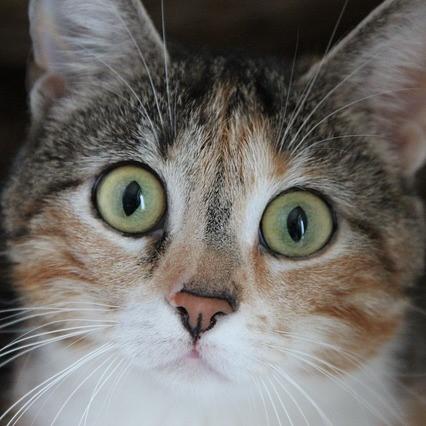
Those people who have decided to welcome a cat as a pet know perfectly that the nature of a cat is predatory and independent, something that gives these animals a special charm and authenticity.
However, when we decide to share our home with a cat we must know that we are accepting a great responsibility and that our cat needs specific care and attention that will allow you to enjoy a good state of health and well-being.
In this article we talk about the Symptoms and treatment of feline panleukopenia, a viral disease of great importance due to its high mortality rate.
What is feline panleukopenia?
Feline panleukopenia is a highly contagious viral disease caused by the feline parvovirusOnce this pathogen enters the cat organism it affects and kills the healthy cells in the process of division, which causes various symptoms, for example, if the intestinal microvilli are affected, the cat will manifest diarrhea.
The parvovirus causes a shortage of white blood cells, the cells of the defense system, since it attacks the bone marrow because it is an area that is continuously in cell division, unfortunately this disease is also capable of causing a decrease in red blood cells, which causes an even more severe clinical picture.
It has a high mortality rate and It can affect cats of any age, although they are more prone to infection those cats under one year and those who suffer from any pathology or are immunosuppressed. The virus is transmitted when a healthy cat comes into contact with the feces, urine, blood, fleas or secretions of an infected cat.
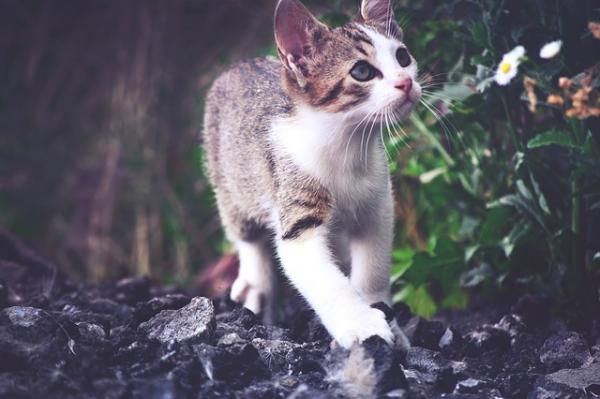
Symptoms of feline panleukopenia
The symptoms of a cat affected by feline panleukopenia they can vary from one animal to another depending on many factors such as age or the state of the immune system. We can observe in our cat a mild manifestation or a clinical picture that involves an important seriousness, we should suspect the presence of this disease when our pet manifests some of the following symptoms:
- Loss of appetite
- Lethargy
- Depression
- High fever
- Vomiting
- Diarrhea
- Dehydration
- Abortions in pregnant cats
- Tremors
- Apathy
- Uncoordination of movements in newborn cats
If we observe any of these symptoms in our cat we should go to the vet urgently to start a treatment as early as possible.
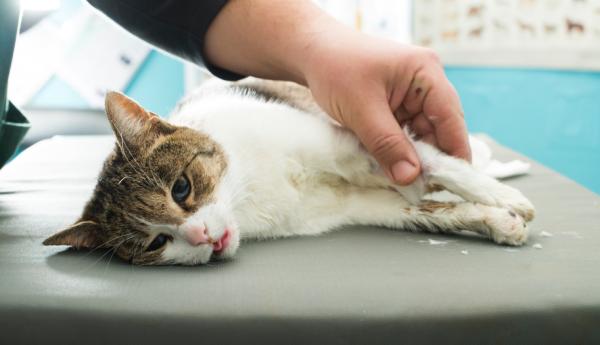
Diagnosis of feline panleukopenia
To confirm the diagnosis of feline panleukopenia, the veterinarian will be based on the symptoms and the complete clinical history of the animal. He or she can also perform a blood test that in the presence of the virus will show alterations in the white blood cells and also in the red blood cells, depending on of the stage in which the disease is found.
The definitive diagnosis is made through the ELISA test by a stool sample preferably extracted directly from the rectum.

Treatment
The treatment of feline panleukopenia is not specific since it is not possible to treat the viral infection, therefore the objective of the treatment is to keep the animal alive until an immune response appears that can overcome the virus, which may take between 5 and 7 days. Based on the clinical manifestation of the symptoms the veterinarian can use the following therapeutic measures:
- Fluid therapy: The administration of fluids orally or intravenously is essential to counteract dehydration and restore a normal electrolyte balance
- Blood transfusion: Can be used when albumin (protein) blood levels are very low, so it is important to restore them to prevent the appearance of edema
- Hypercaloric diet: Properly nourish the cat is essential when the lack of appetite is severe, you can resort to feeding through a nasal tube
- Antiemetic drugs: These drugs are intended to prevent the onset of vomiting
- Antibiotic Drugs: Can be used to fight and control infections secondary to viral disease
Remember that the veterinarian is the only person trained to prescribe a certain treatment.
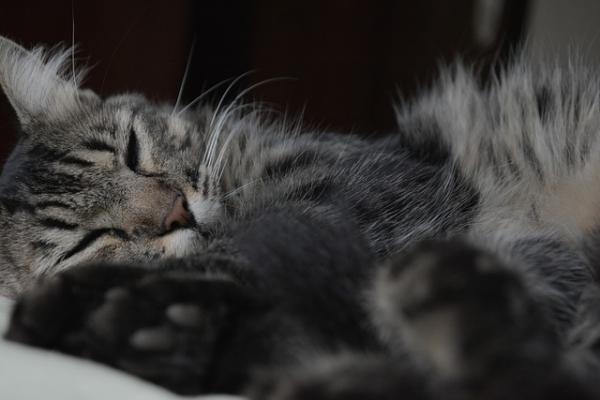
Prevention of feline panleucopenia
If you want to prevent feline panleukopenia in your pet it is important that you take into account the following tips:
- Following the recommended vaccination program is the most effective preventive tool
- Any infected cat must remain isolated
- Keep your cat’s environment in optimal hygiene conditions
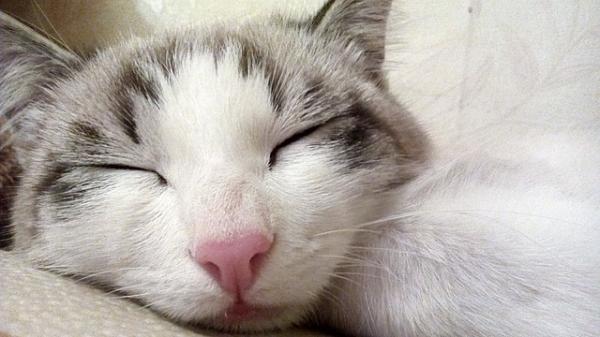
This article is merely informative, in .com we do not have the faculty to prescribe veterinary treatments or make any kind of diagnosis. We invite you to take your pet to the veterinarian in case of any type of condition or discomfort.
If you want to read more articles similar to Feline panleukopenia – Symptoms and treatment, we recommend that you enter in our section of viral diseases.


